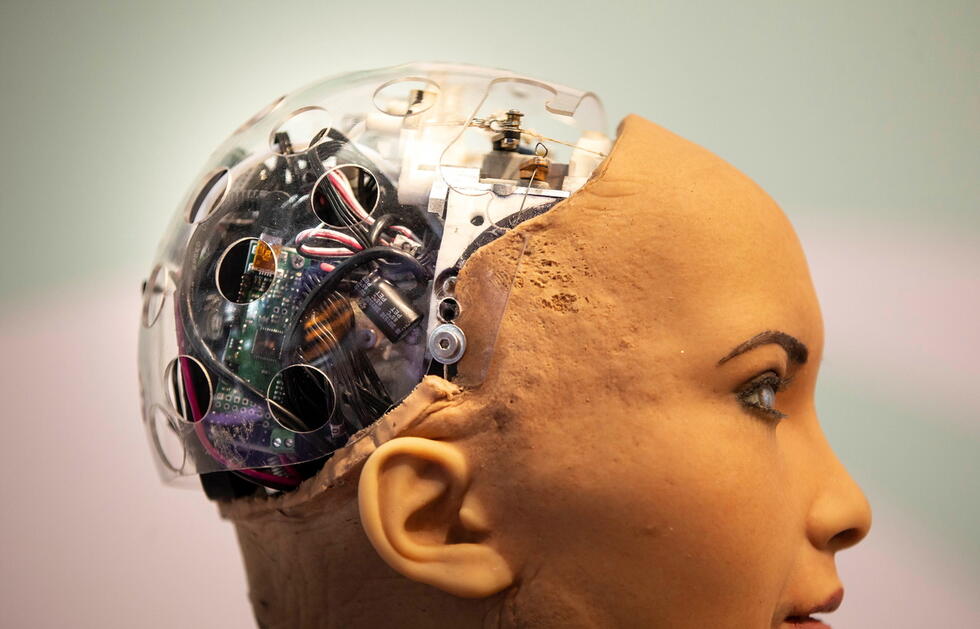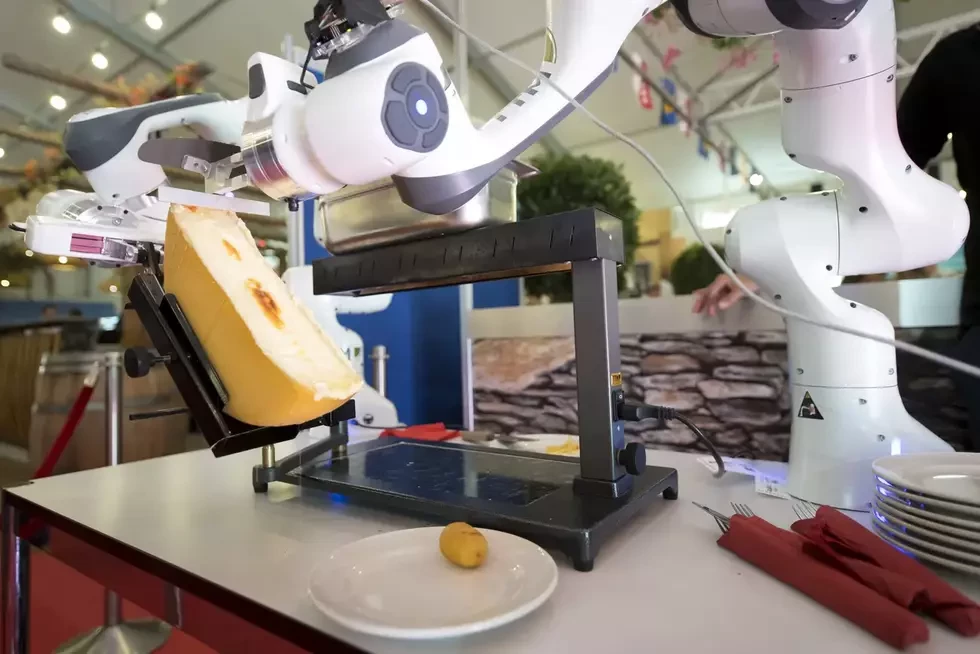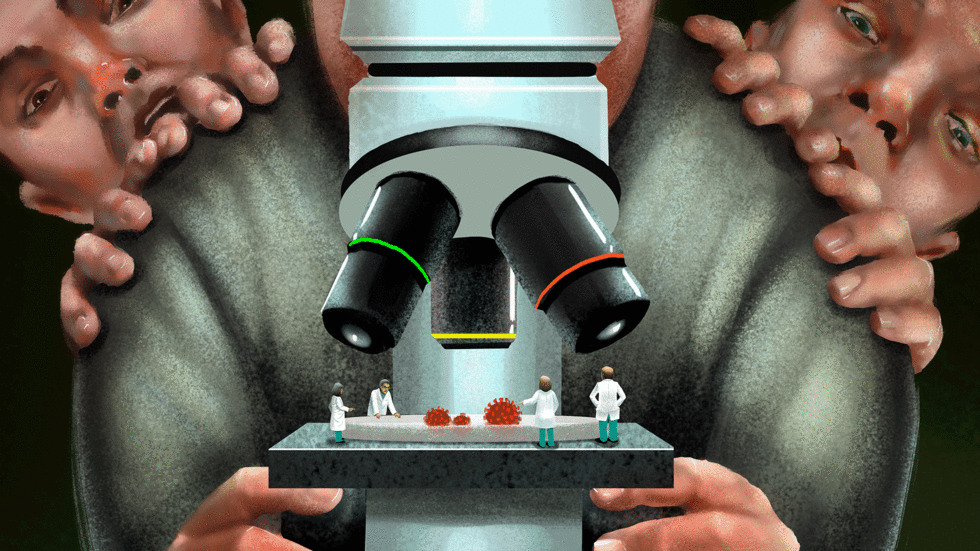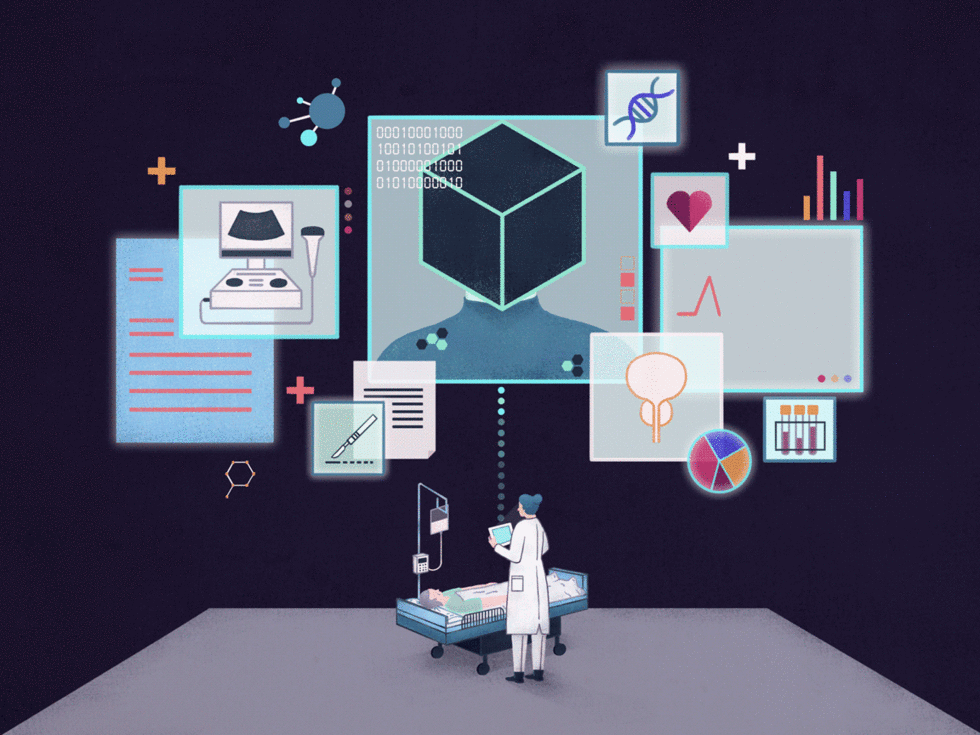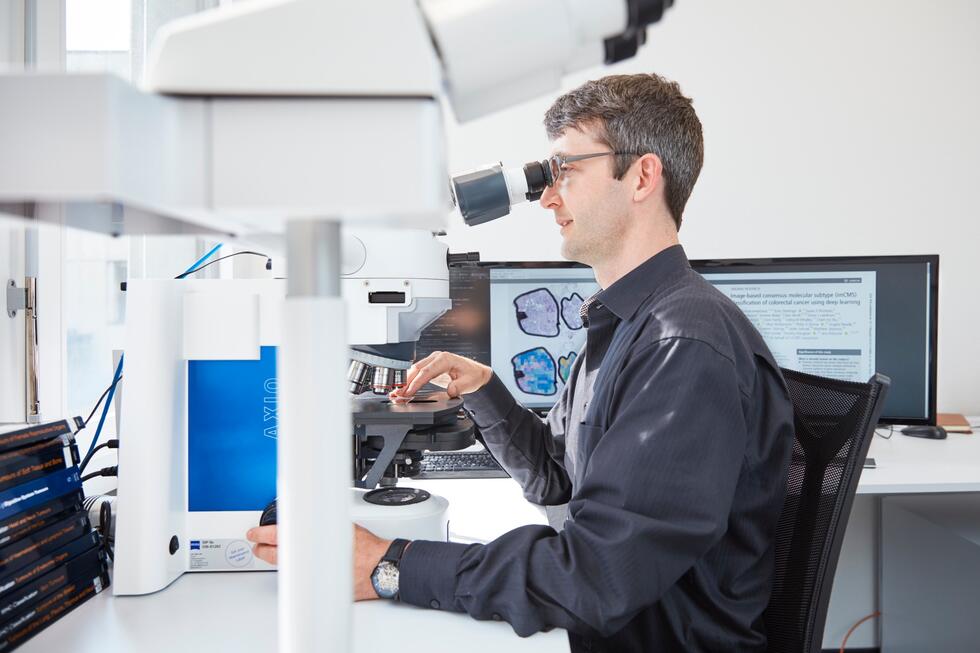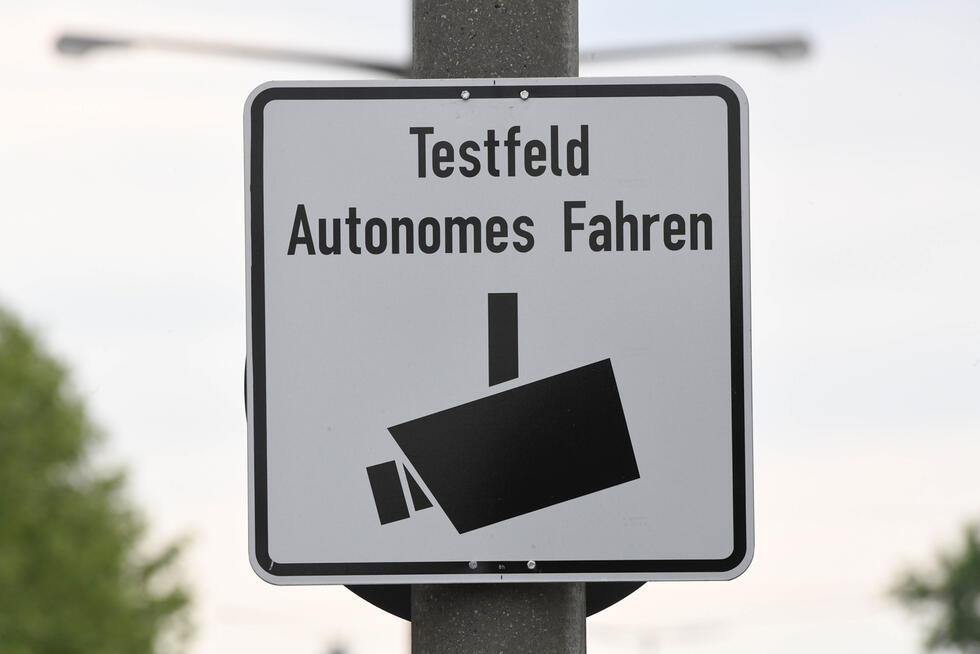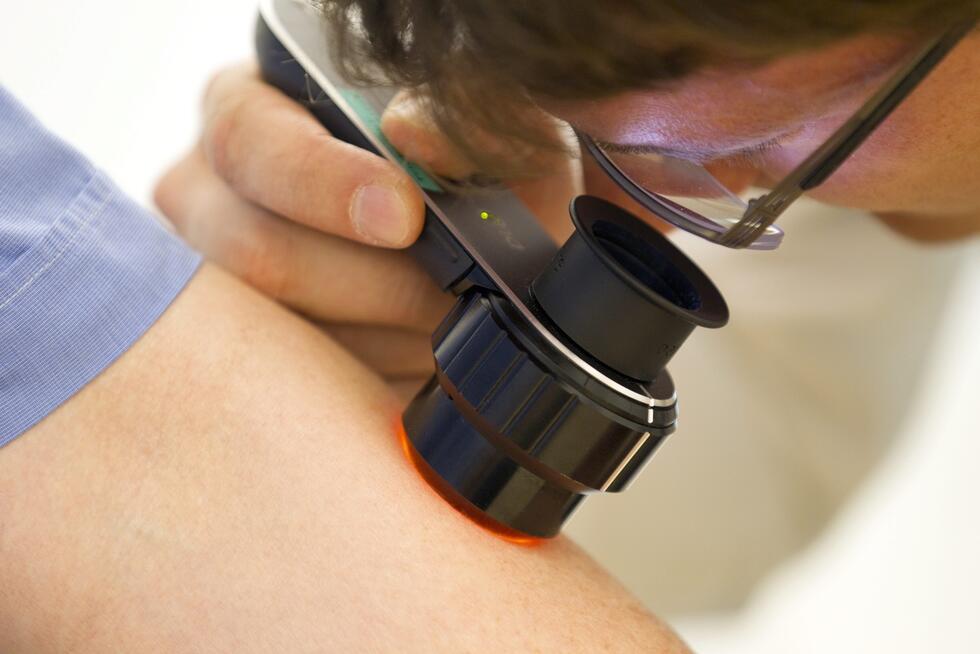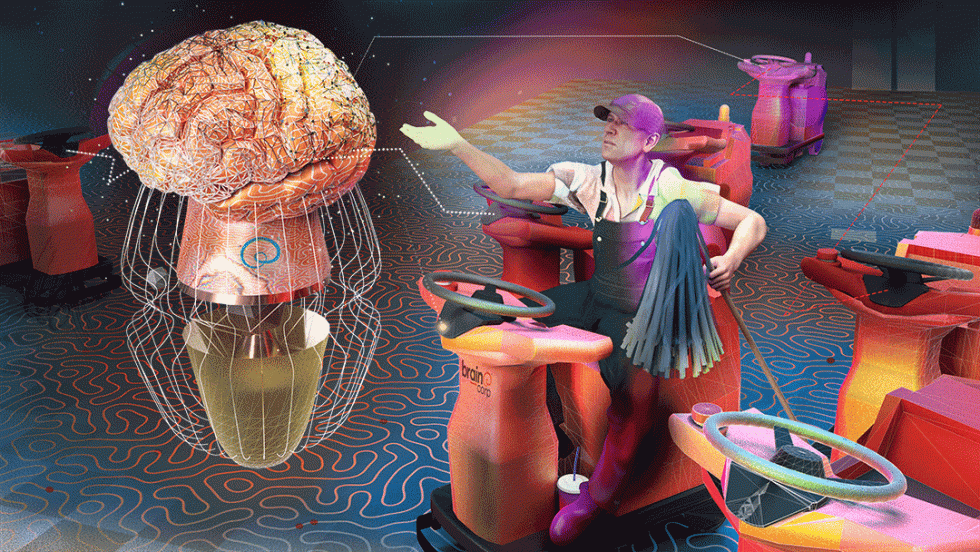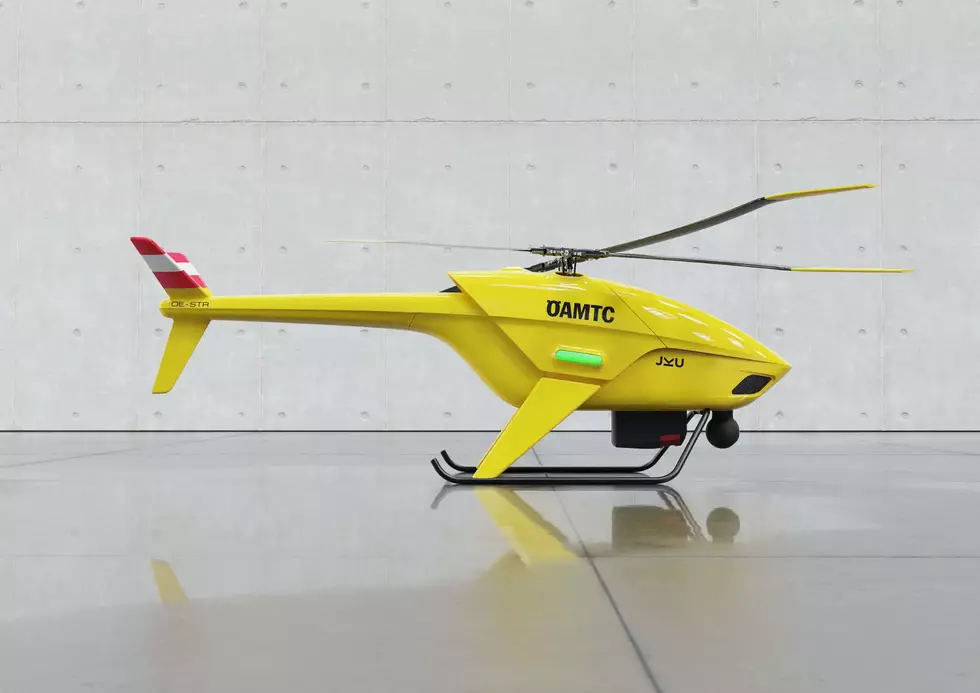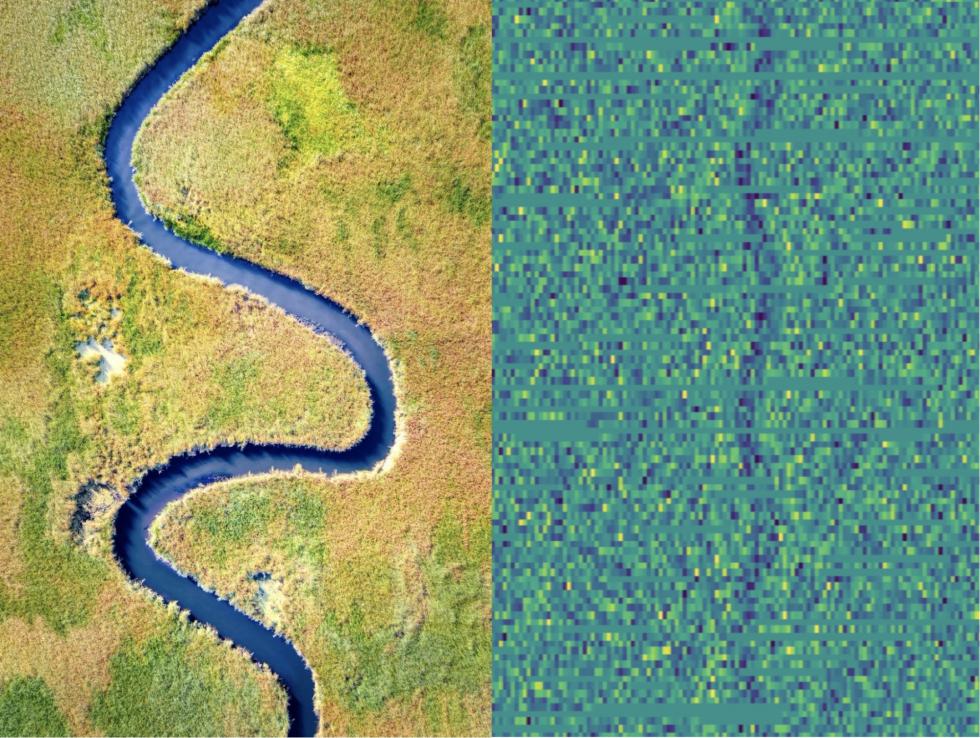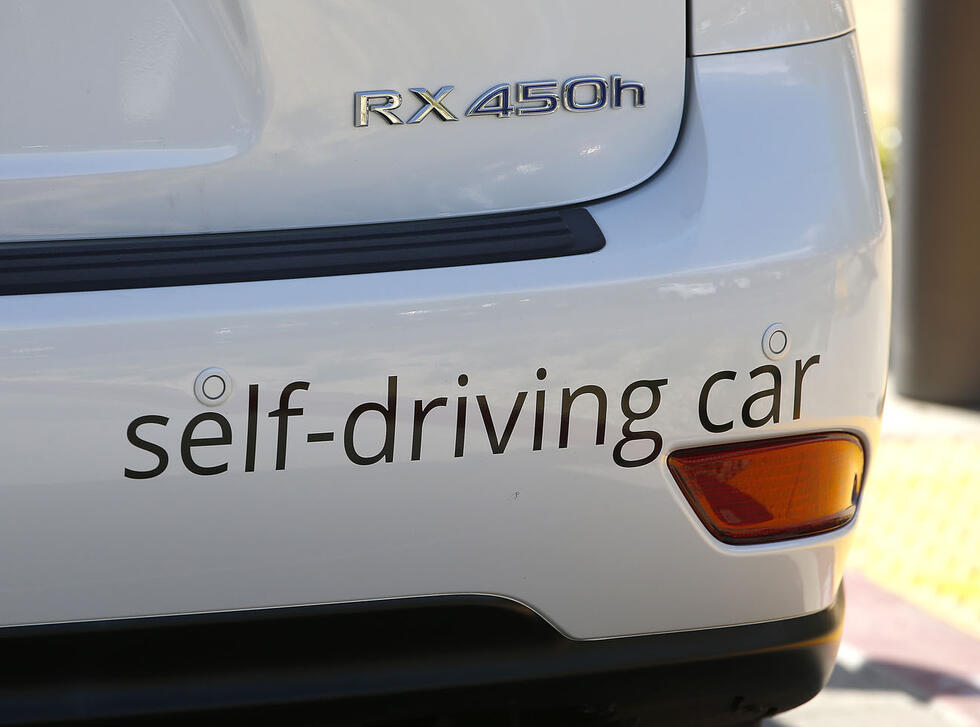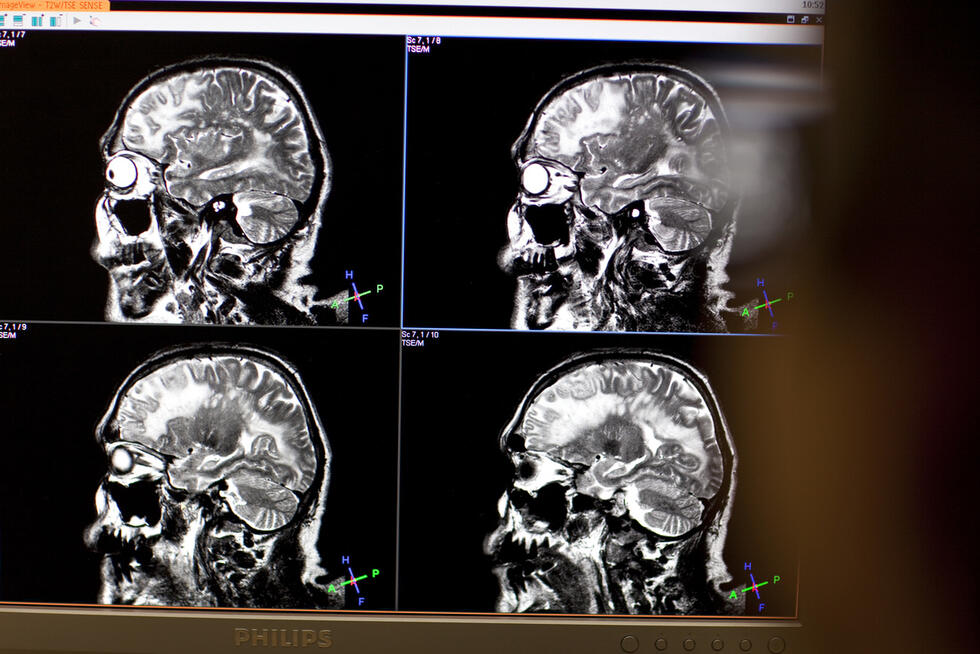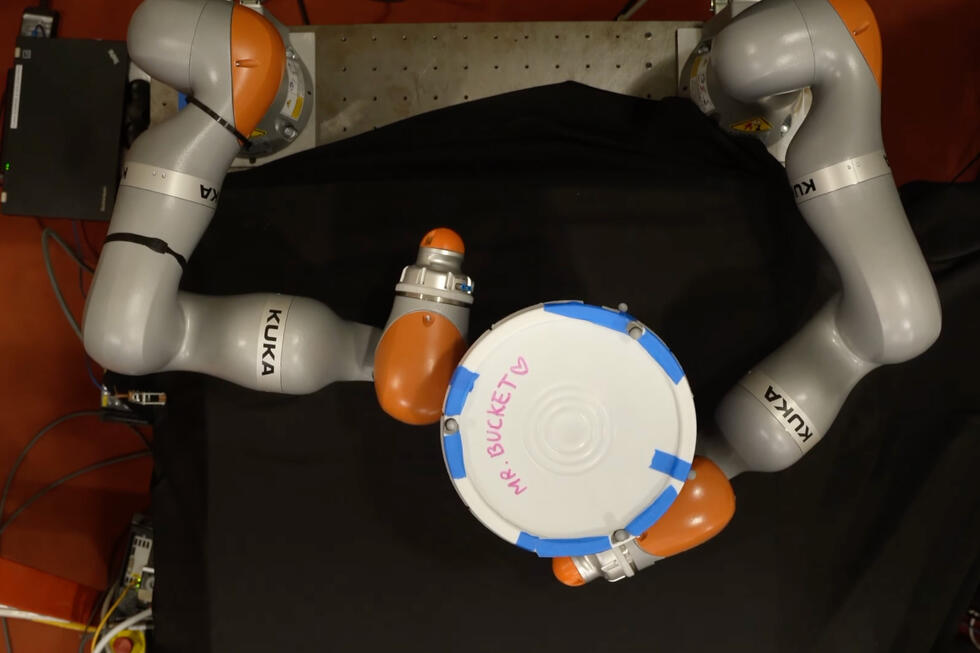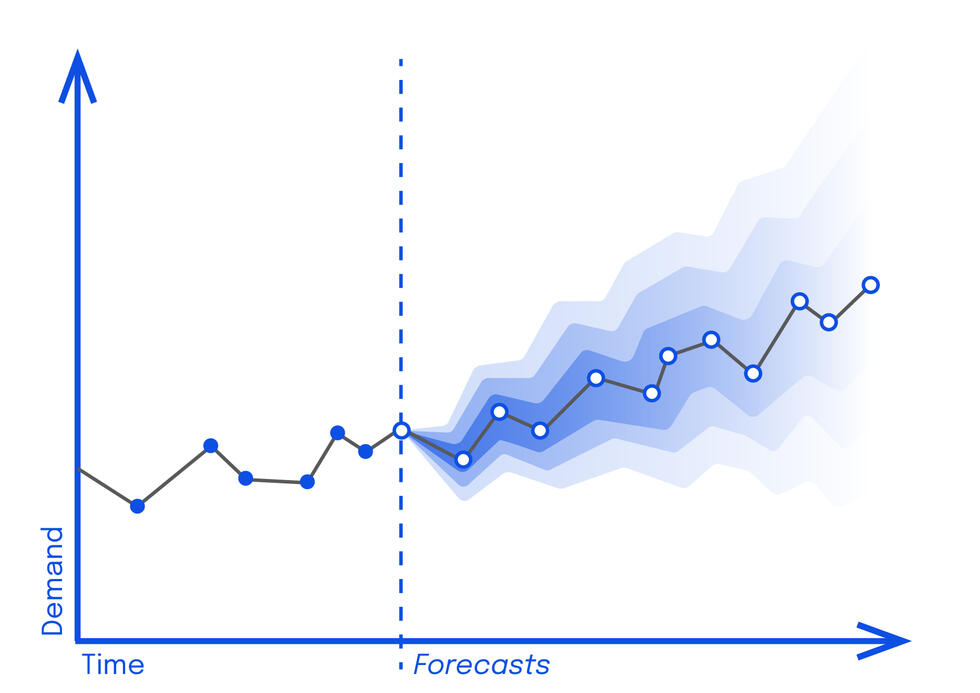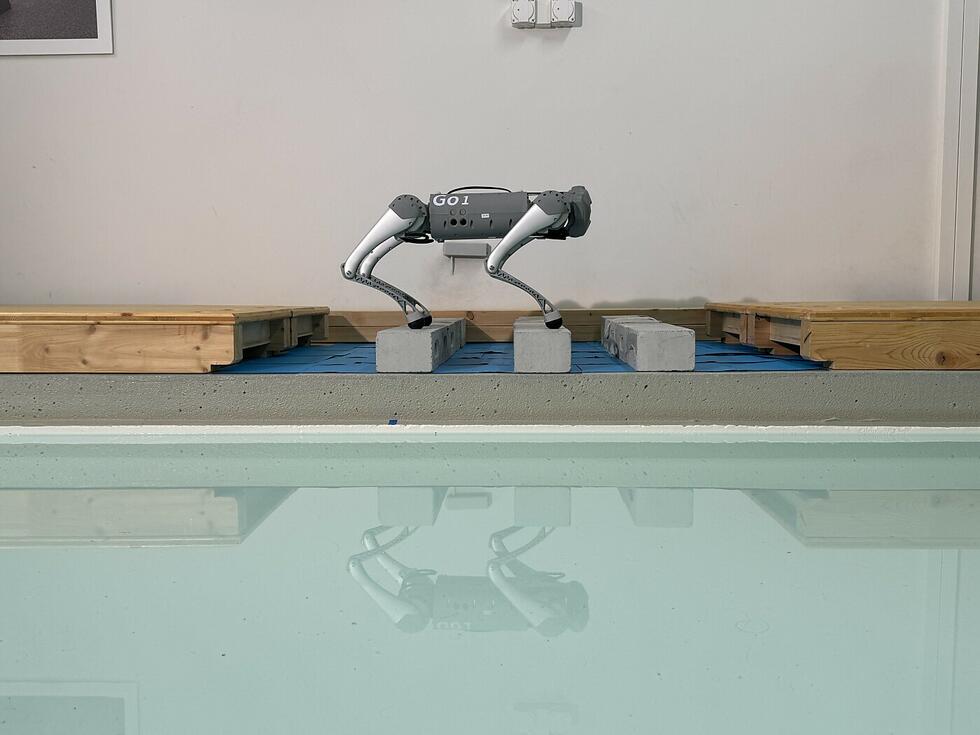SHORT NEWS
AI helps with early diagnosis of diabetes
Geneva researchers have discovered a molecule that indicates diabetes even before the first symptoms appear. To identify it, they used machine learning methods to analyse thousands of molecules.
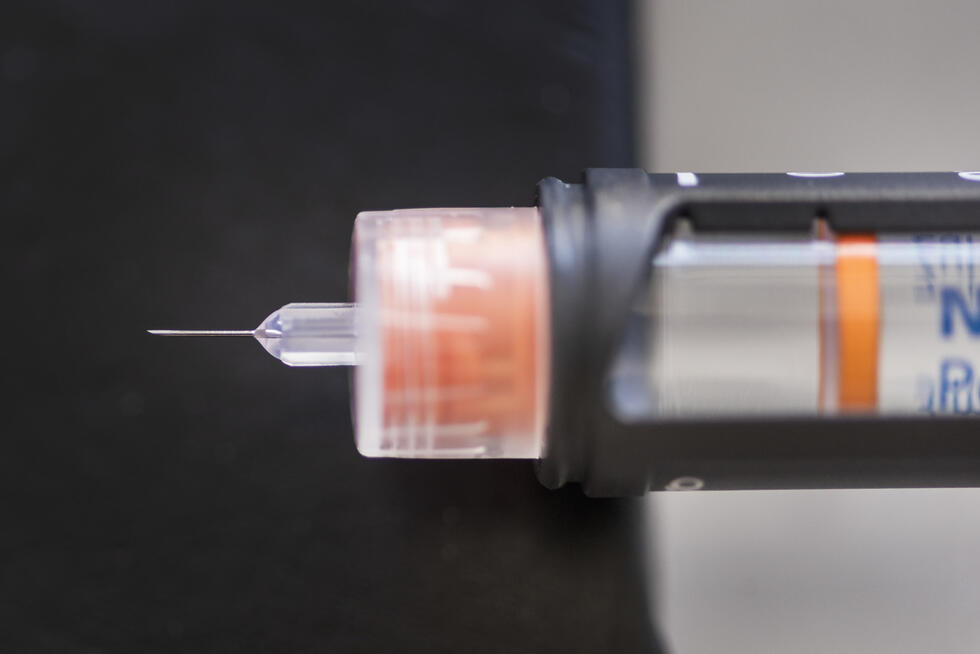
Almost half a million people in Switzerland have diabetes. This metabolic disorder is steadily increasing due to lack of exercise and an unbalanced diet. If the disease is detected in advance - at the stage of prediabetes - the development into diabetes can be counteracted by an appropriate lifestyle.
But recognising the change from prediabetes to diabetes is complex. Researchers at the University of Geneva therefore searched for a molecule whose blood level is related to the functional mass of pancreatic beta cells in order to indirectly detect their damage at the prediabetes stage.
Potential tool for early diagnosis
By combining powerful molecular biology methods with a machine learning (artificial intelligence) system, the team was able to identify the most promising molecule: 1,5-anhydroglucitol, a small molecule whose decrease in the blood indicates a deficiency of beta cells.
"We were able to see a decrease in this molecule in diabetic patients. This was very motivating, especially since this decrease was observed independently of symptoms and even before the onset of diabetes," says Cecilia Jiménez-Sánchez, postdoctoral researcher and first author of the study.
This discovery opens new avenues for the prevention of diabetes, especially in people at risk. A simple blood test followed by an inexpensive specific test could detect developing potential diabetes in these people and take action before the situation becomes irreversible.


